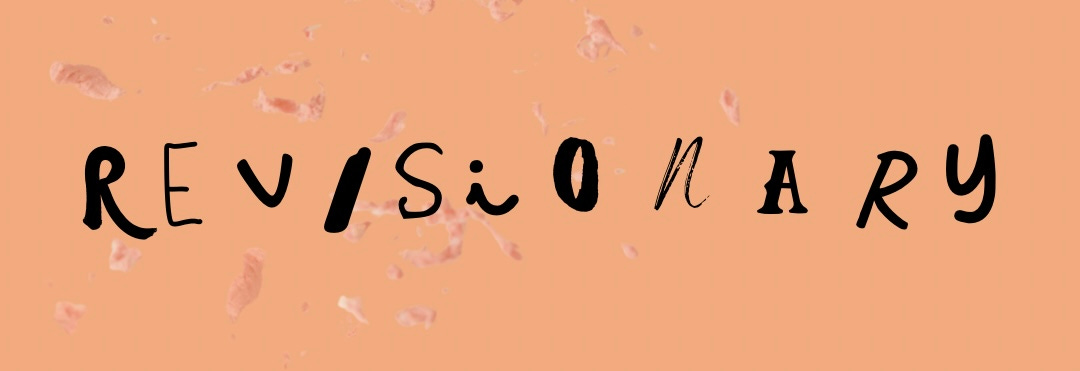Write from the belly, not the brain: A Q&A with poet Joy Sullivan
Asking yourself "is it true?" will transform your writing life and your living life too
Welcome to Revisionary, a Q&A series where artists talk about revising, redoing, and how to make what you create even better.
One day last summer I got an Instagram DM from a writer I’d started following a few months before. She’d seen I was a writer who lived in Portland, Oregon and wondered if I wanted to get a coffee and talk about writing sometime. T…
Keep reading with a 7-day free trial
Subscribe to A Little Detour with Tove Danovich to keep reading this post and get 7 days of free access to the full post archives.


